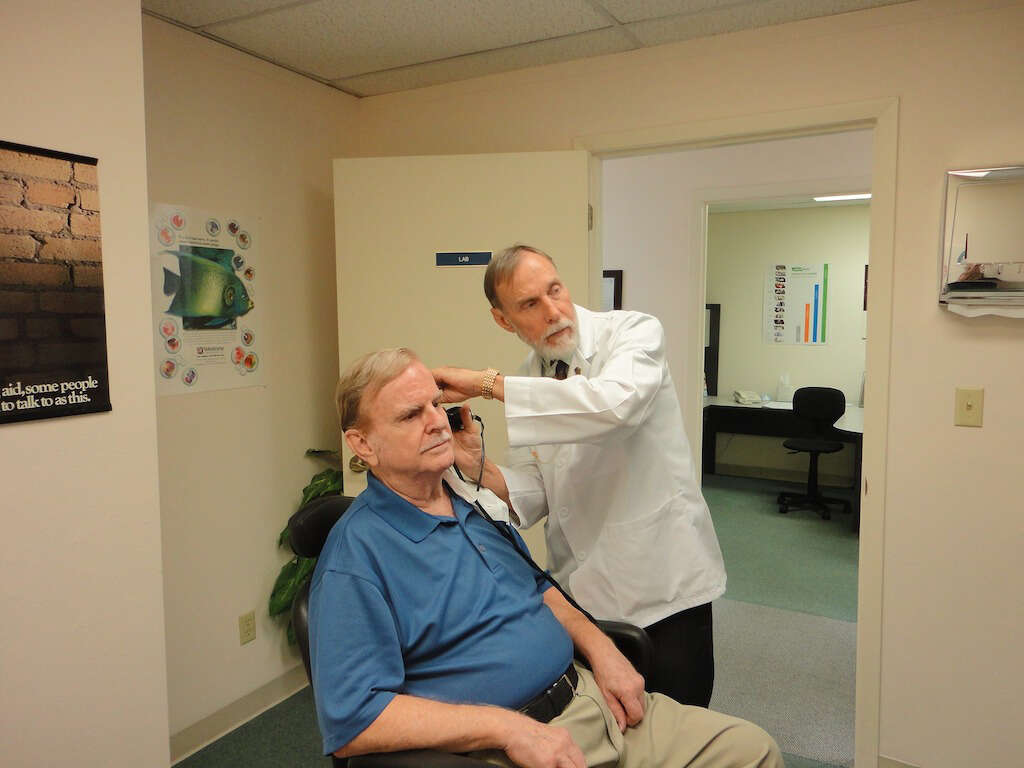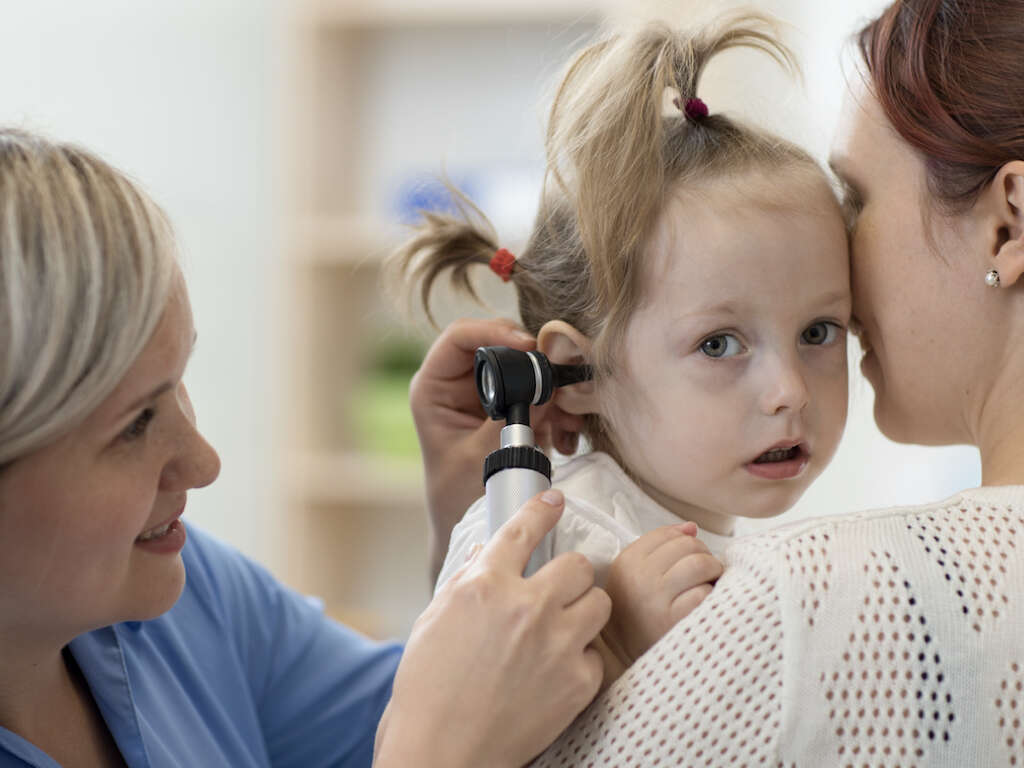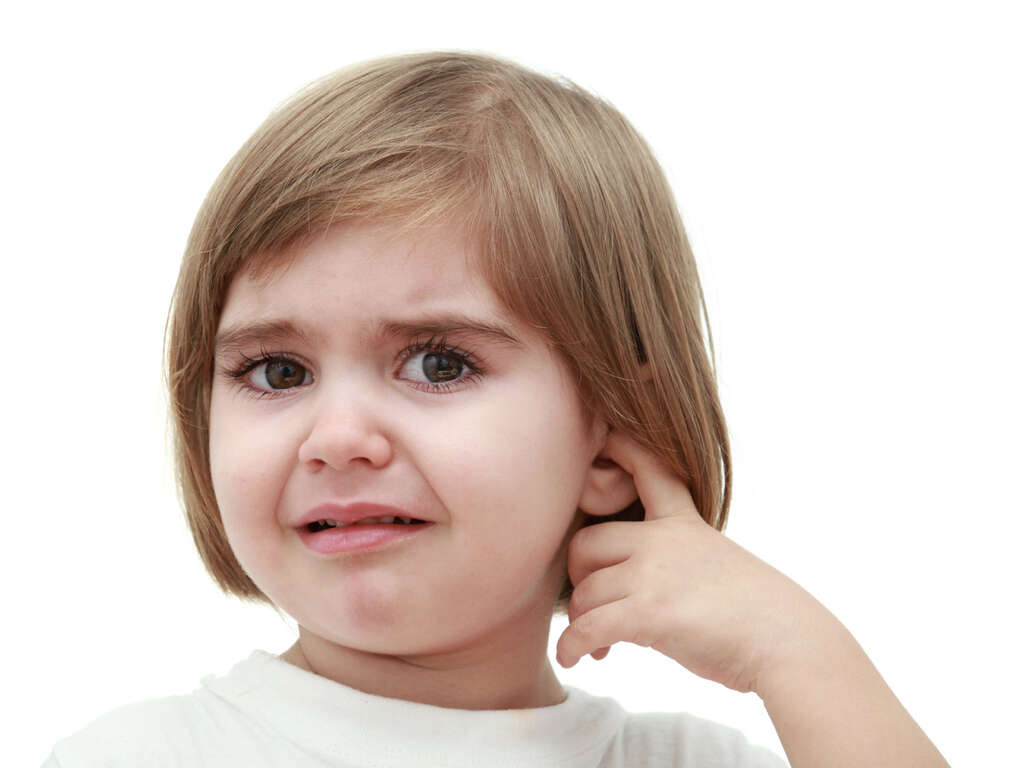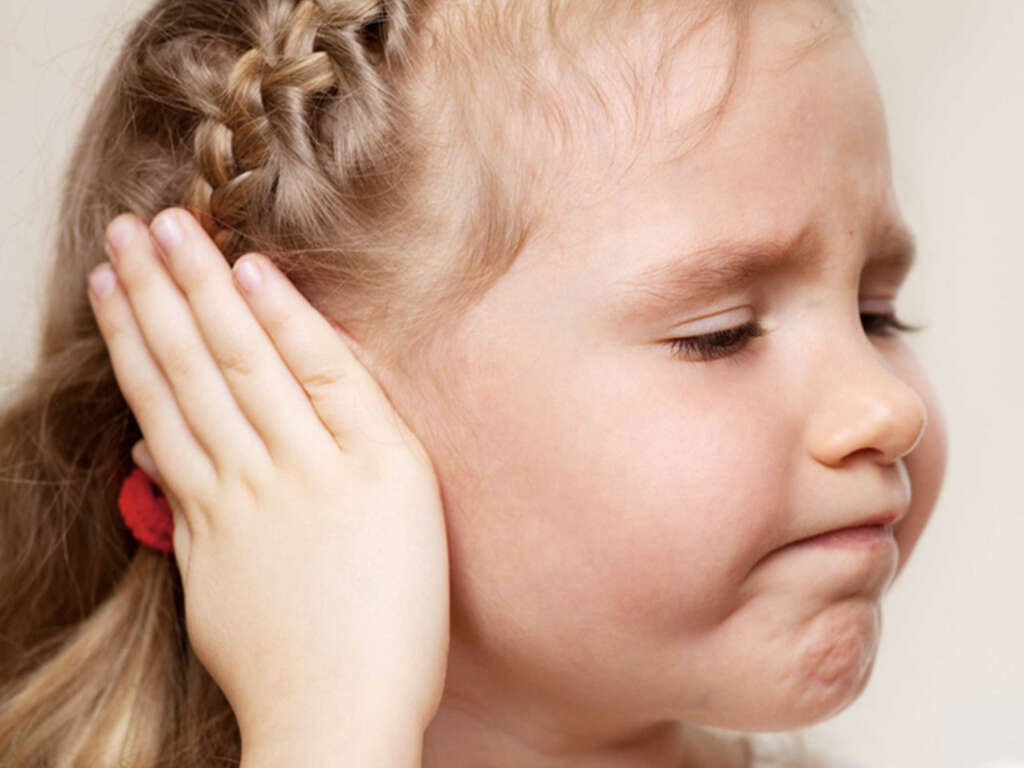10 Causes of Tinnitus
Most of us have experienced tinnitus at some point in our life, though not everyone knows what it is. Many of us have experienced it as a slight ringing in our ears that seemingly arises from nowhere. Tinnitus can also describe louder ringing, hissing, or roaring sounds that are heard in one or both ears.
Tinnitus is often believed to be a result of damage to the cells of your inner ear. These damaged cells send signals to the brain that cause you to perceive sounds that aren’t actually there. There is some debate as to whether this is the only cause of tinnitus.
The condition is known to occur in both adults and children. There are a number of causes of tinnitus, so if you’ve been experiencing it for a long time then you might want to read the list below. Maybe you’ll find out something that can help you get rid of your tinnitus!
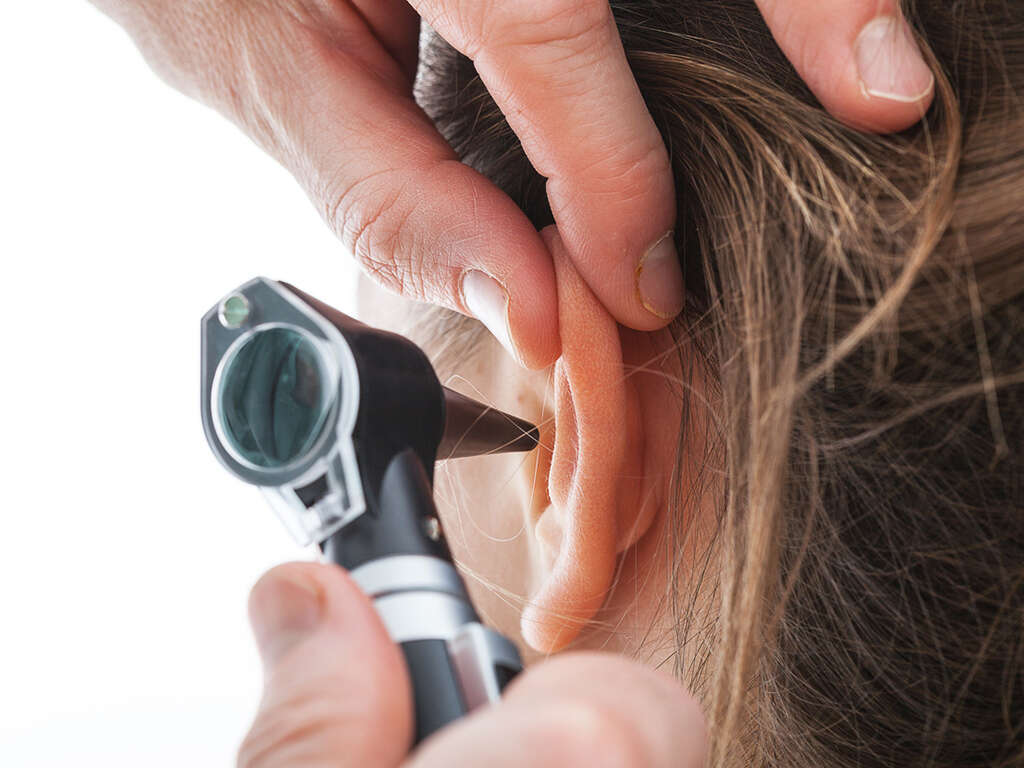
Cause #1: Age
One of the most common causes of tinnitus is age. As people grow older, it’s natural for them to experience some degree of declining hearing. This tends to begin around the age of 60 and can worsen with age. The term presbycusis is used to describe this particular type of hearing loss.
Age-related hearing loss can be treated with hearing aids, but unfortunately the associated tinnitus can be difficult to overcome and treat.

Cause #2: Loud Noises
Chronic exposure to loud noises has been known to contribute to hearing loss. There’s no shortage of older people who attribute their bad hearing to the rock concerts they attended in their early years. Unfortunately, loud noises can also contribute to the development of tinnitus.
It’s not only concerts that are known to cause tinnitus. If you frequently use heavy machinery, saws, firearms, or other loud devices without proper hearing protection, you run the risk of developing tinnitus. It’s also possible to develop tinnitus if you listen to loud music on your headphones.
You can develop short-term tinnitus from a single exposure to a concert or a loud noise. This usually goes away after a little while. Unfortunately, if you are frequently exposed to loud noises, you run the risk of developing permanent or long-term tinnitus.

Cause #3:Earwax
There are a lot of unpleasant things that can occur if you have a blockage in your ear canal because of earwax. Tinnitus is one of them. Earwax typically protects your ears by trapping dirt and preventing the growth of bacterial invaders. However, deep earwax blockages can become problematic and cause problems like tinnitus.
Earwax can build up quickly. Deep buildups can also contribute to irritation, discomfort, and ear infections – all of which further increase the risk of developing tinnitus. If you develop a buildup of earwax deep in your ear canal, it can be harder to get out than simply using a Q-tip and you may need to seek medical attention.

Cause #4: Changes To Ear Structure
There are a number of changes that can occur in the bones of the ears. In one condition, known as otosclerosis, the bones in the middle ear become stiff. This can cause problems with hearing, like tinnitus, and can also affect your balance.
This condition is hereditary, so if your parents have it, you’re more likely to develop it at sometime during your life. It’s also possible to experience some changes to the structure of your inner ear if you are injured or experience bad health.
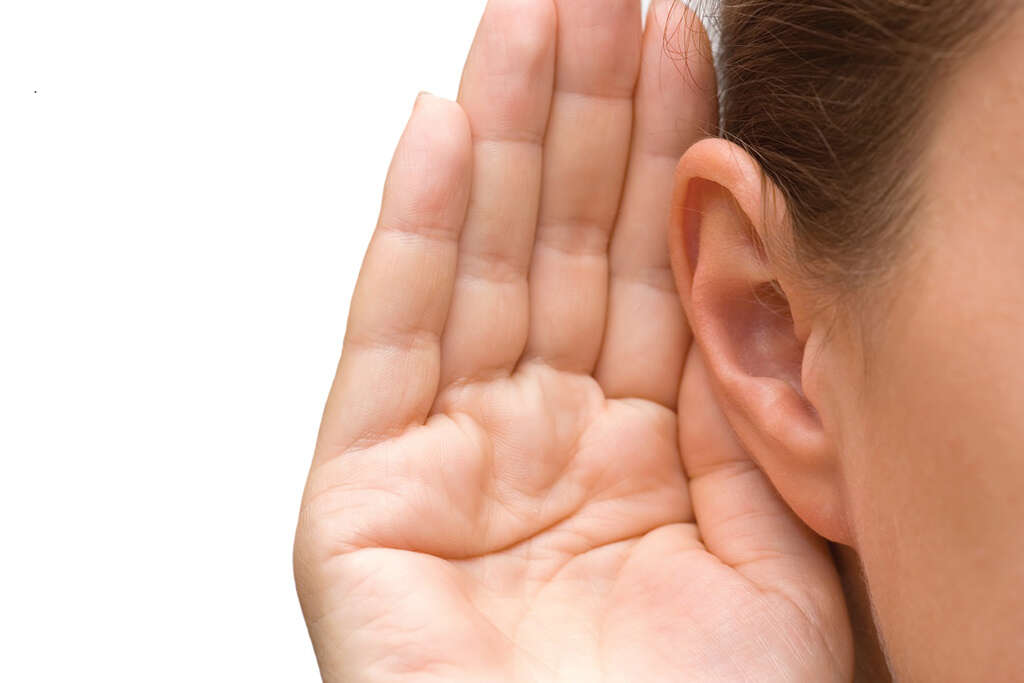
Cause #5: Meniere’s Disease
Meniere’s disease is the term used to describe a serious inner ear disorder. Meniere’s is a result of changes in the fluid levels of the inner ear, causing increased pressure.
This disorder causes discomfort, vertigo, and problems with hearing, including tinnitus.

Cause #6: Head or Neck Injuries
There are several complications that can arise if you injure your head or neck. Many of these are serious, such as concussions or fractures. Some of them are less serious but very irritating, including tinnitus.
This is because head trauma can have an impact on the inner ear. You can do damage to the cells in your ears, the nervous pathways that connect the ear canal to your brain, or the brain itself. Any of these injuries can cause hearing abnormalities such as tinnitus.

Cause #7: Acoustic Neuroma
Acoustic neuroma is a benign type of tumor. This tumor develops on cranial nerve VIII – the pathway that connects your brain to your inner ear. This nerve is responsible for regulating balance and hearing, and damage to this nerve can have an impact on your hearing.
This condition, which is also known as vestibular schwannoma, is known to cause tinnitus in just one of the two ears.

Cause #8: Atherosclerosis
Atherosclerosis is a condition in which the arteries and blood vessels in the body become hard. This is generally a result of a buildup of cholesterol and other unhealthy deposits in the bloodstream.
Atherosclerosis can affect some of the blood vessels that are near your inner ear. If these blood vessels harden, then they will be unable to contract or expand as they usually do when your heart pumps blood through them. This will raise the blood pressure in your ear and will make it so you’re able to hear your heartbeat. It can also cause a ringing in the ears; this type of tinnitus is known to affect one or both ears.
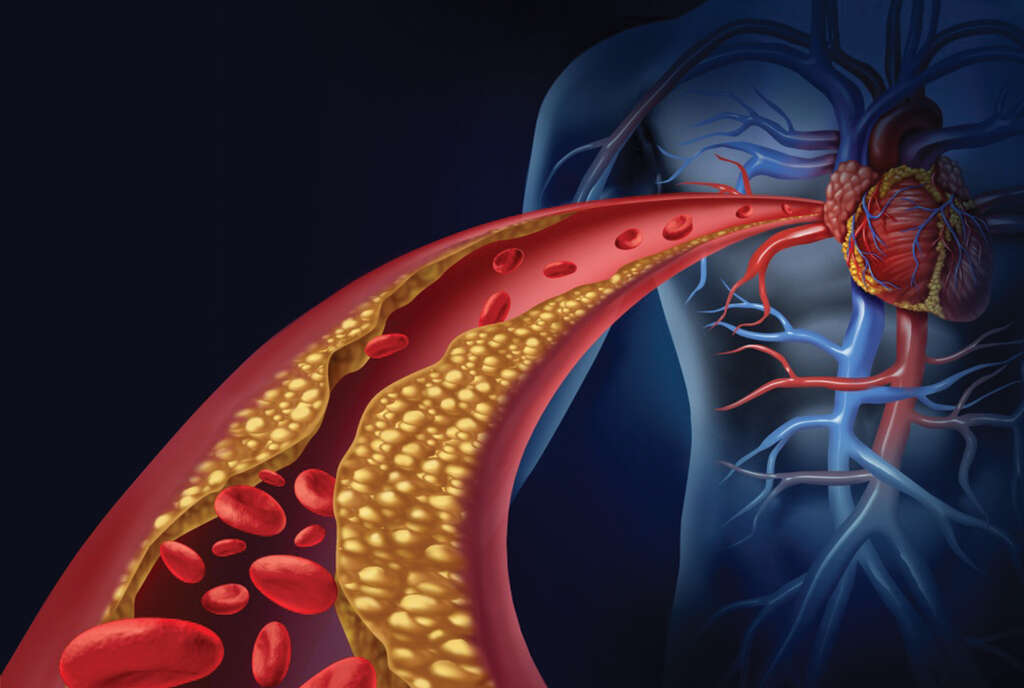
Cause #9: High Blood Pressure
It’s important to make sure that you regulate your body’s blood pressure as evenly as possible. You don’t need to have atherosclerosis to develop problems with the blood vessels near your ears. These issues can simply be the result of chronic high blood pressure.
As the pressure in your blood vessels increases, it becomes easier for your ears to detect the sound of your blood being pumped through these canals. This can also result in tinnitus.

Cause #10: Drugs and Medications
There are several side effects that can arise from the use and/or abuse of drugs and medications, including tinnitus. Many substances, both legal and illegal, can be the cause including antibiotics, amphetamines, cancer medications, water pills and diuretics, antidepressants, aspirin, cocaine, and excessive alcohol consumption.
If you are experiencing tinnitus and have recently begun taking any medication or using a different substance, you should report the symptom to your doctor.





